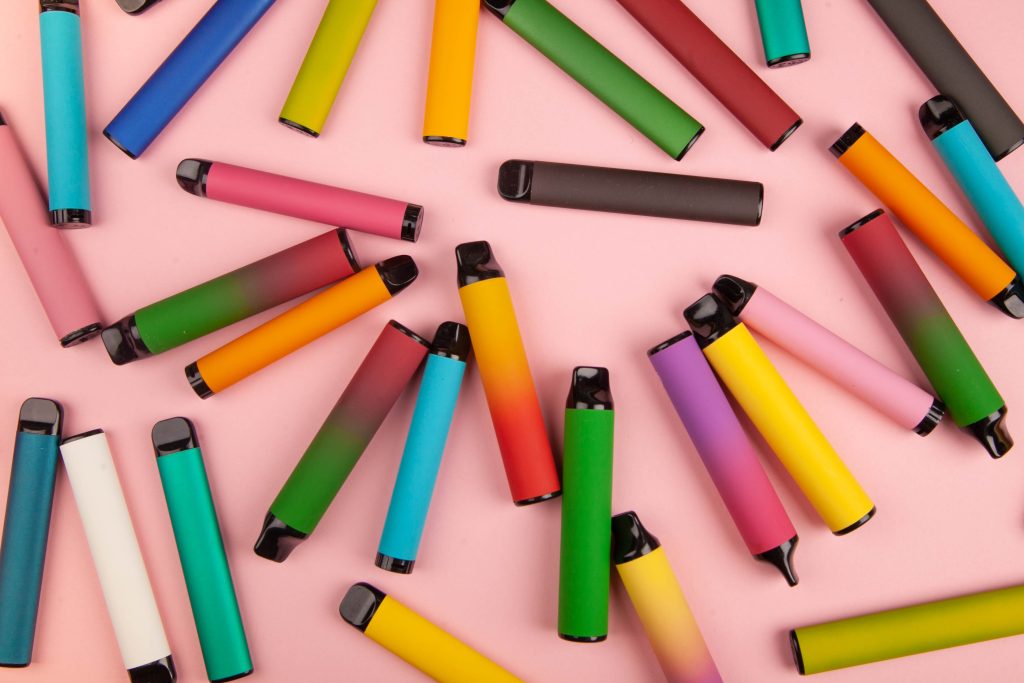
Single-Use Vapes: The Battle to Protect Youth from Addiction
Share
Introduction
In the world of vaping, change is the only constant. A significant shift is currently brewing in the United Kingdom's vaping scene, and it's all about single-use vapes. The government is mulling over a potential ban on these products due to rising concerns about their impact on youth addiction. In this blog, we'll delve into the heart of the matter, exploring why single-use vapes have taken center stage and what this proposed ban means for everyone involved.
The Allure of Single-Use Vapes: Convenience Meets Controversy
Single-use vapes, often known as disposable e-cigarettes, have captured the spotlight for their sheer simplicity and convenience. They come pre-loaded with e-liquid, require no charging or maintenance, and offer a nicotine fix without the hassle of traditional vaping or smoking. Yet, it's precisely this convenience that has sparked concerns.
Child Addiction Concerns: A Growing Dilemma The driving force behind the possible ban on single-use vapes is the alarming surge in youth vaping. E-cigarettes were initially introduced as a tool to help adult smokers quit, but they have found their way into the hands of a younger audience. Let's explore why these concerns have gained momentum:
1. Flavor Temptations: Single-use vapes dazzle with a variety of tempting flavors, ranging from fruity delights to dessert-inspired sensations. These flavors hold a particular allure for young individuals, potentially luring them into nicotine addiction at an early age.
2. Stealthy and Discreet: These compact devices offer an added element of secrecy. Their discreteness makes it easy for teenagers to vape without being noticed. This clandestine feature has contributed to their popularity among the youth.
3. Accessibility: Single-use vapes are readily accessible, both online and in physical stores. This easy access has posed a significant challenge in preventing minors from obtaining them.
The Potential Implications: Balancing Act Ahead
If the ban on single-use vapes comes to fruition, it could trigger a chain reaction of consequences, some unique to this category of vaping products:
1. Curbing Youth Vaping: The primary objective of the ban is to put the brakes on youth nicotine addiction. By limiting access to single-use vapes, authorities aim to discourage young people from embracing this habit.
2. Market Shake-up: Manufacturers and retailers of single-use vapes will need to pivot in response to this change, potentially steering towards other vaping products, like refillable devices.
3. Smoking Rates: While the ban seeks to protect young people from vaping, there's a lingering concern that some users might turn to traditional cigarettes as an alternative nicotine source.
4. Environmental Impact: Single-use vapes are notorious for their disposability. The ban could have a silver lining for the environment by reducing the number of discarded vape devices.
Conclusion:
The potential ban on single-use vapes in the UK presents a complex issue that demands thoughtful consideration. Striking a delicate balance between safeguarding young people from addiction and preserving harm-reduction tools for adult smokers is an intricate task. The final decision should be based on robust research, aiming to find a harmonious middle ground that serves the interests of public health, youth well-being, and environmental sustainability. As we eagerly await further developments in this matter, one thing remains certain: the vaping landscape is ever-evolving, prompting us to ponder the shifting challenges and opportunities within this dynamic industry.







